Aththan aththan ena thozhu dhaethuvar
Muththan aananda moana ramaNanai
Saththu chithena thaavi thozhivarae
Word meaning
eth thisaiyarum = people from all directions (thisai, dhisai = direction); aththan = lord; thozhudhal = worshipping; mutthan = one has attained mukti; aanandan = blissful one; moanam = silence, stillness; saththu = truth; thaavi = leaping;
Devotees and disciples from every corner of the the world come and worship and praise Ramana saying, ‘You are our God’. They worship him as the one who is established in Silence, one who has attained moksha while living in the physical body, who knows no birth or death.
Reading the many experiences of devotees, we can see how Bhagavan’s unmoving presence in his Arunachala attracted people from as far as Peru and Japan to Israel, UK and the US, and other countries in between. As Bhagavan said, Self has no time or space.
It is said that Lord Shiva took an avatar as Adi Shankara and travelled the length and breadth of Bharata, re-established the then weakening Sanatana Dharma through convincing debates with those belonging to other sects. In his short 32 years, he composed innumerable works and treatises, not to mention slokas, for generations to look up to as an authoritative source and for daily practice. Centuries later, the same lord took avatar as Bhagavan Ramana and decided to stay rooted to one place and make the world come to him and taught them through silence. In the introductory verse to Dakshinamurthy Sthothira, Bhagavan clearly states in the last line ‘… sonna van sankaran thunnu mennuLLe’ meaning ‘Shankara from inside me is saying these verses’, demonstrating there is they are one and the same.
Swami Vivekananda, a monk with a mission, went around the world preaching the necessities of following Sanatana Dharma and its inclusive greatness. Coincidentally, it was on the 1st of September 1896 that he delivered the rousing speech at the Parliament of Religions, the very same day Bhagavan set foot in Arunachala from where he never moved, even for a day!
Here’s an interesting experience of a couple-devotee from Peru (At the feet of Bhagavan):
MR. and Mrs S. were visitors from Peru to the Ashram. They had heard of the Maharshi and His greatness, of how He was accepted by Arunachala, and how He and Arunachala are one. To the couple, Sri Maharshi’s presence on earth seemed the second coming of the Christ Himself, so they had longed for years to meet this God-Man once in their lives. They were too poor to find the money for their passage to India. But in their burning desire to see the God-Man in flesh and blood, they laid by each week a few coins out of their small wages, and in a few years they had enough money to become deck-passengers without
the pleasant luxury of the higher classes on the ship. So they sailed for several months, and at last reached India and Tiruvannamalai. The couple narrated all their story to Bhagavan, all the privations they had undergone to have a look at Sri Maharshi. Bhagavan was all kindness to them. He heard their story with great concern, and then remarked: “You need not have taken all this trouble. You could well have thought of me from where you were, and so could have had all the consolation of a personal visit.” This remark ofSri Bhagavan they could not easily understand, nor did it give them any consolation as they sat at His feet like Mary. Sri Maharshi did not want to disturb their pleasure in being In His immediate vicinity, and so He left them at that. Later in the evening Sri Maharshi was enquiring about
their day-to-day life, and incidentally their talk turned to Peru. The couple began picturing the landscape of Peru and were describing the sea-coast and the beach of their own town. Just then Maharshi remarked: “Is not the beach of your town paved with marble slabs, and are not coconut palms planted in between? Are there not marble benches in rows facing the sea there and did you not often sit on the fifth of those with your wife?” This remark of Sri Maharshi created great astonishment in the couple. How could Sri Bhagavan, who had never gone out of Tiruvannamalai, know so intimately such minute details about their own place? Sri Maharshi only smiled and remarked: “It does not matter how I can tell. Enough if you know that in the Self there is no Space-Time.” This confirmed in the minds of the couple Sri Maharshi’s original statement that they could well have thought of Him even at their own home and so obtained His blessings.


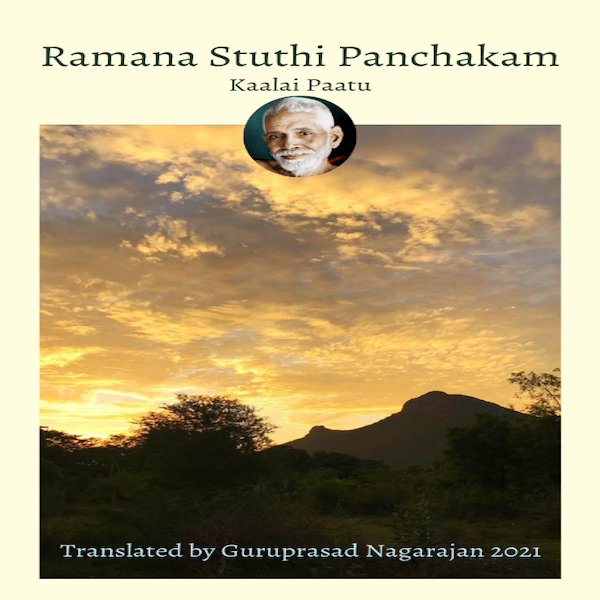
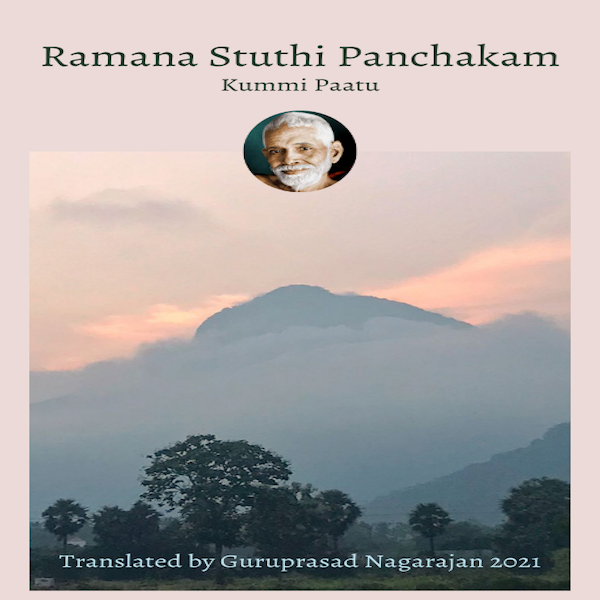
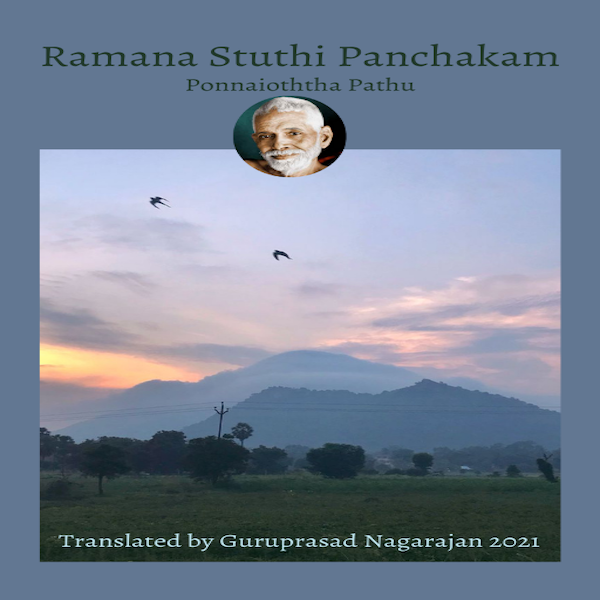
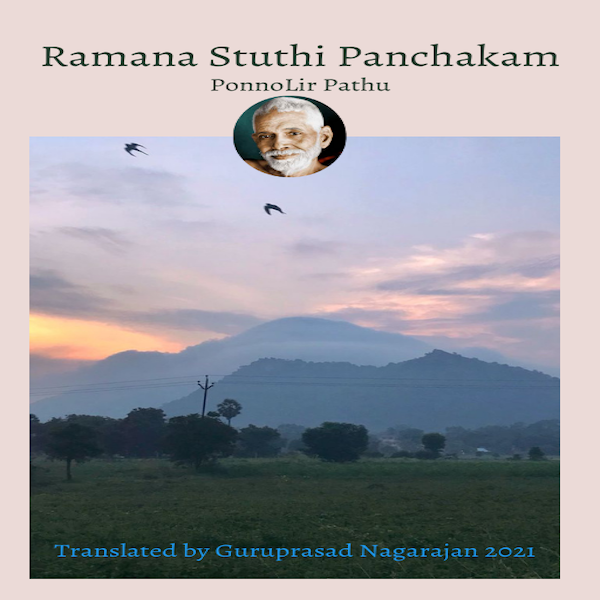
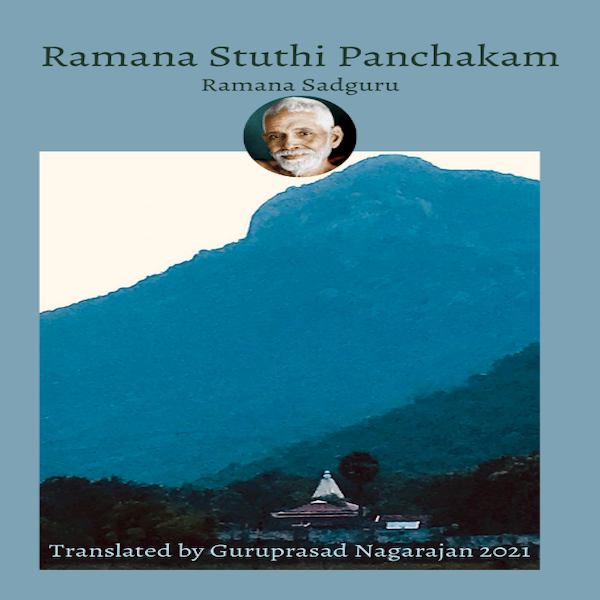
 RSS Feed
RSS Feed